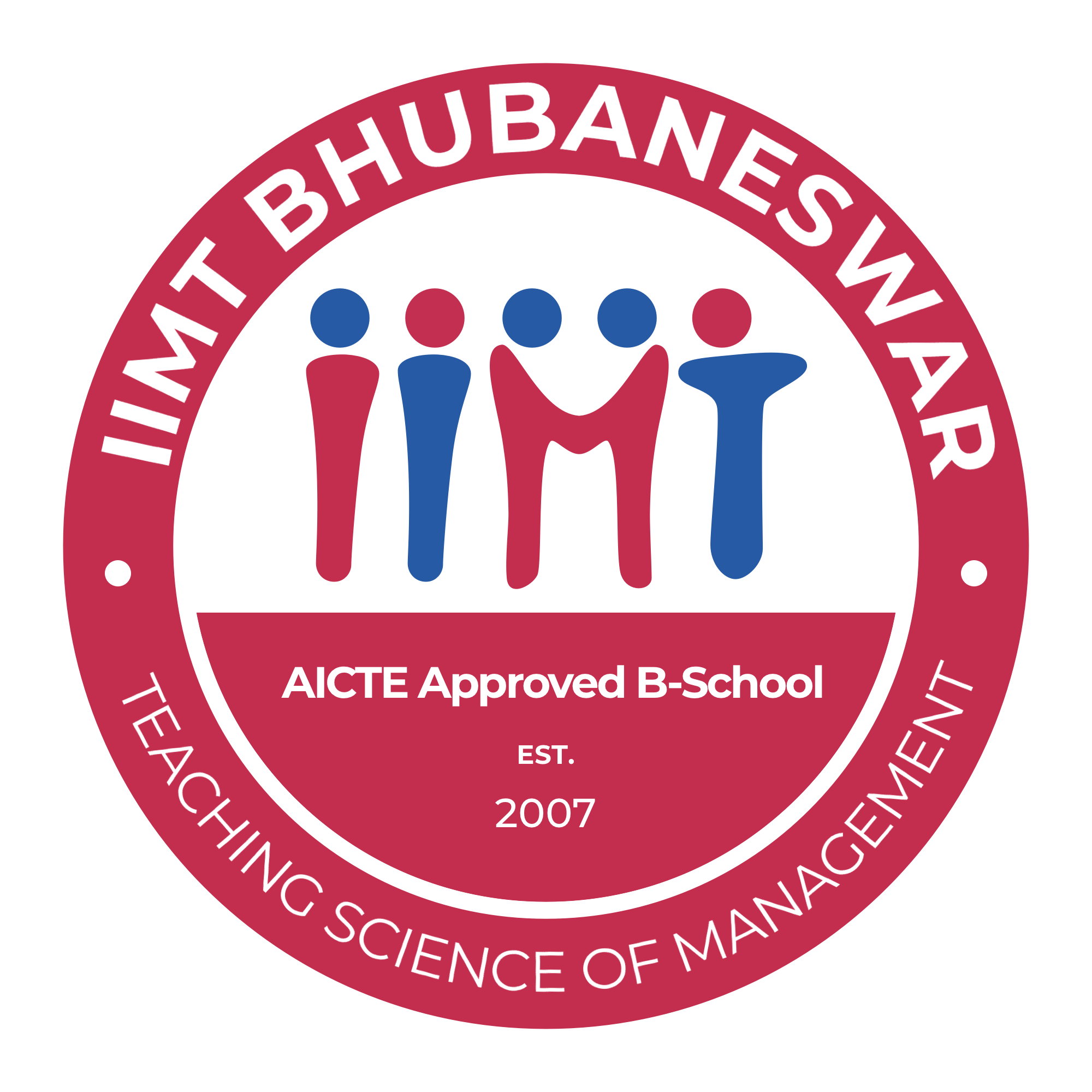International Journal of Computer Science and Informatics IJCSI
ISSN: 2231-5292

Abstracting and Indexing


IJCSI
CRITICAL COMPONENTS IDENTIFICATION USING MUTATION BASED COMPONENTS IMPACT ANALYSIS
D. JEYAMALA
Department of Computer Applications, Thiagarajar College of Engineering, Tamilnadu – 625 015
K. SABARI NATHAN
Department of Computer Applications, Thiagarajar College of Engineering, Tamilnadu – 625 015
A. JALILA
Department of Computer Applications, Thiagarajar College of Engineering, Tamilnadu – 625 015
S. BALAMURUGAN
Department of Computer Applications, Thiagarajar College of Engineering, Tamilnadu – 625 015
Abstract
High quality software can be obtained by means of resolving the complexity of the software. According to Pareto principle, 20% of components lead to 80% of the problems [1]. So, we need to identify those 20% of the components during testing. Therefore, this research work suggested an automated software testing framework to identify critical components using mutant based dynamic impact analysis for Software under Test (SUT). Mutants are automatically generated by injecting faults in the components using Offutt mutation operators and they are utilised to identify their impact level over other components of the system. The generated mutants and original program are executed using the suite of test cases, based on the conclusion of both the results, the mutation score is assessed and furthermore it is utilised as the test case adequacy criterion to recognize the impact level of it over the other components of a system. The outcome of this innovative approach is a testing tool entitled as JImpact Analyzer that automates the entire task and has generates miscellaneous graphs for visualization purpose
Recommended Citation
[1] Roger S. Pressman, “Software Engineering”, A Pract it ioner‟s Approach 5th Edit ion, McGraw Hill, 1997. [2] Aditya P.Mathur, “Software Test ing”, Pearson Educat ion, Asia [3] A.J.Ofutt, A. Lee, G. Rothermel, R. Untch, and C. Zapf, “An experimental determinat ion of sufficient mutation operators”, ACM Transact ions on Software Engineering Methodology, 5(2):99{118, April 1996. [4] MuJava homepage [Online]. Available: http://cs.gmu.edu/~offutt /mujava/ [5] Yu-Seung Ma, Jeff Offutt , and Yong Rae Kwon, “MuJava: An Automated Class Mutat ion System”, Journal of Software Test ing, Verificat ion and Reliability, 15(2):97- 133, June 2005